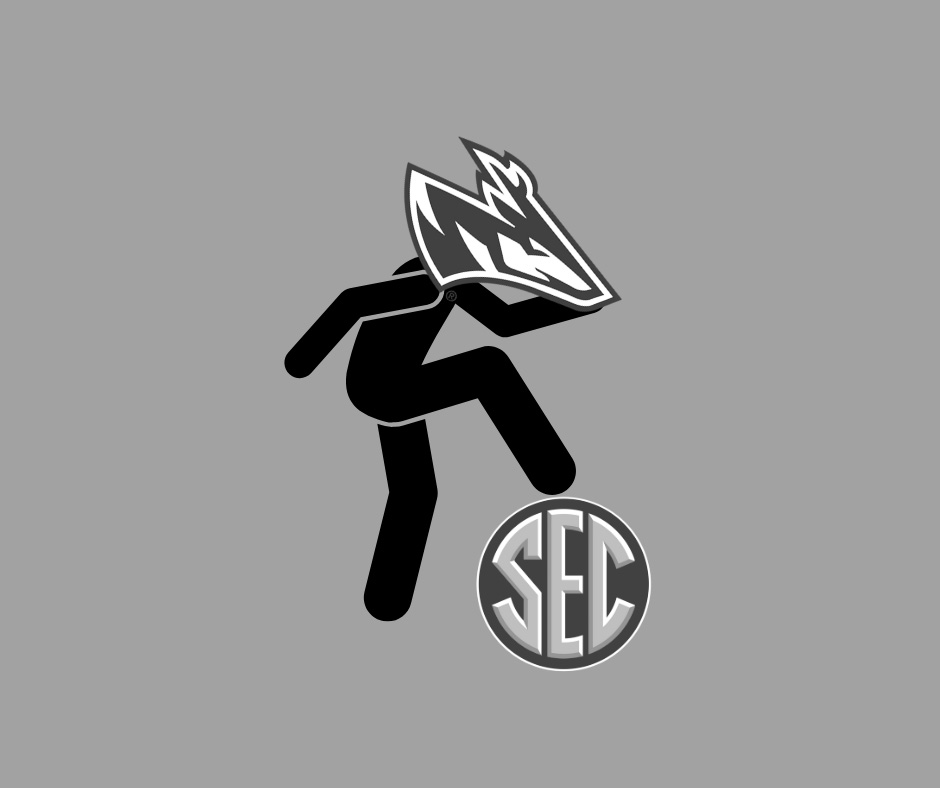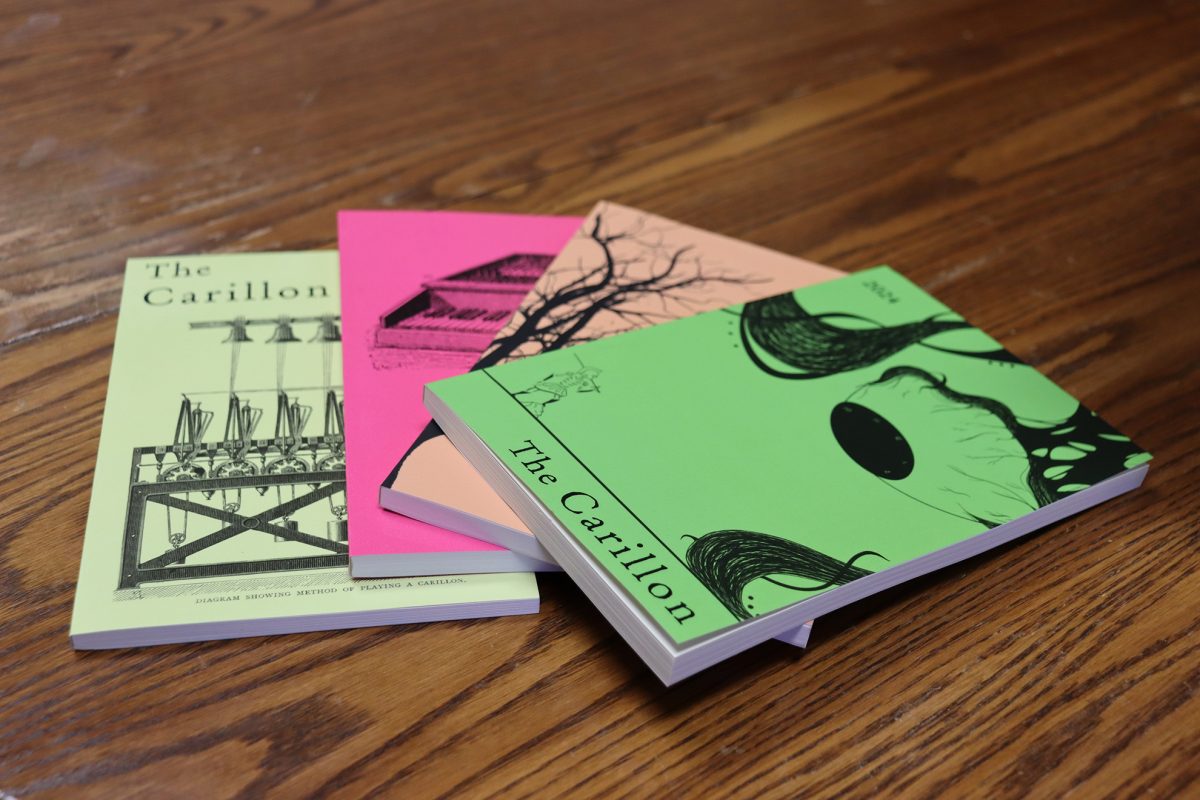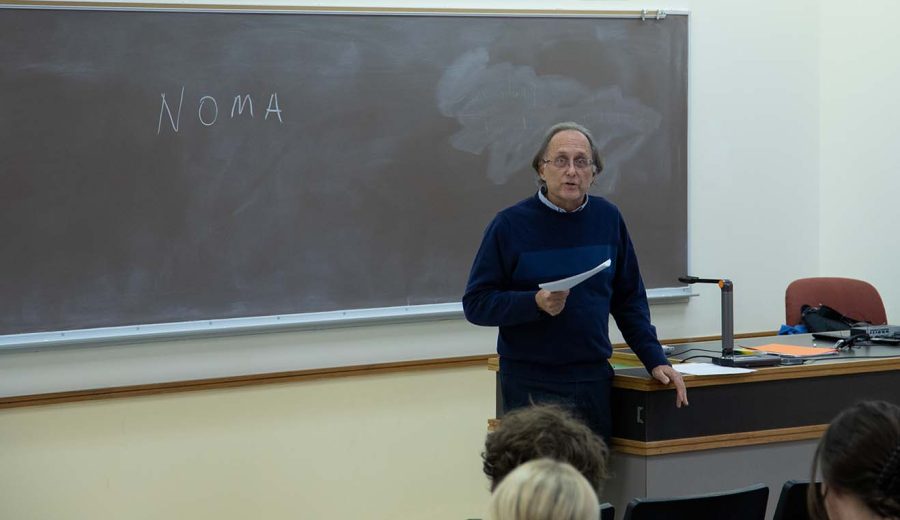Jonathan Drozda
Guest Columnist
After coming to college and taking a philosophy class, I discovered that I love learning from some of the greatest thinkers in history. Just as a teacher grades their students in class, these great thinkers instructed me, corrected me or sometimes even pointed out where I missed the mark in their writings.
This is because many of the problems that we have today are not new but have been addressed before by those in history. This is what draws me to philosophy — to a liberal arts education. It is the desire to know truths about man in literature and reason. Should this not be encouraged by UNK?
I read the article from Inside Higher Ed titled “Pulling the Plug on Philosophy’’ and I smelled some kind of contradiction in the article. Why such a contradiction exists, I am unsure, but it is there, nonetheless.
What I am specifically referring to is this quotation, “A decision like this or recommendation like this deeply saddens me, because an area like philosophy is so central to the description and identity of any university, certainly one that has a liberal arts emphasis [as] we do,” Bicak said. “I think we need to examine ways to ensure that we retain that identity. But we are not inconsistent with the national trend.”
I do not know what had led Charlie Bicak, the senior vice chancellor for academic and student affairs, to say that he desires to maintain the identity of a liberal arts university and then say that the university is following current trends in its movement towards canceling the Philosophy Department.
To give the vice chancellor the benefit of the doubt, this could have been taken out of context and is thus misunderstood. Though this may be the case, this quotation on its own is contradictory because it is said in a way of making the loss of a philosophy major — a pursuit that is central to a liberal arts education — to be acceptable.
First it is said that it “deeply saddens” him to lose the major or recommend the loss of this major, however, he thereafter says, “But we are not inconsistent with the national trend,” as if this corrects, or rectifies in some way, the problem at hand.
Though it is the case that philosophy as an area of study is decreasing in popularity in the United States, such a cultural change does not mean that it is good or should be followed; cultural relativism concerning a particular topic (i.e., the decreased emphasis in studying philosophy) does not on its own indicate that such a change is objectively good.
This “current trend” is not necessarily good and therefore something being a “current trend” is not reason enough to do said thing. “Current trend” alone is not a convincing argument for the removal of the Philosophy Department.
From my perspective as a liberal arts student, in no way does removing the philosophy major enhance or perpetuate the liberal arts at UNK.
When we students see that the university is removing something (i.e., a major) we see this as a clear statement saying that the university does not see it as valuable — that it is not worth the time and money for the university to maintain.
This does not perpetuate a “liberal arts emphasis” and any sense of a liberal arts emphasis at UNK after a removal of the philosophy major would be shallow, if not utterly false.
Does a classroom have an emphasis in math if the teacher removed half of the math books because they took up too much space on a shelf? Is there an emphasis in a neighborhood for colorful flowers if rose bushes are removed because they are too prickly? Is there actually an emphasis in reading if reading is not encouraged?
To all of these, the answer is “no.” Is there actually an emphasis in the liberal arts at a university if a major in Philosophy is removed? Once again, we see the answer is obviously “no.”
I hope that this quotation was takenout of context and that Bicak did not actually think this university will have a strong liberal arts education without also promoting a strong Philosophy Department. Perhaps time will answer what Bicak actually thinks.

































